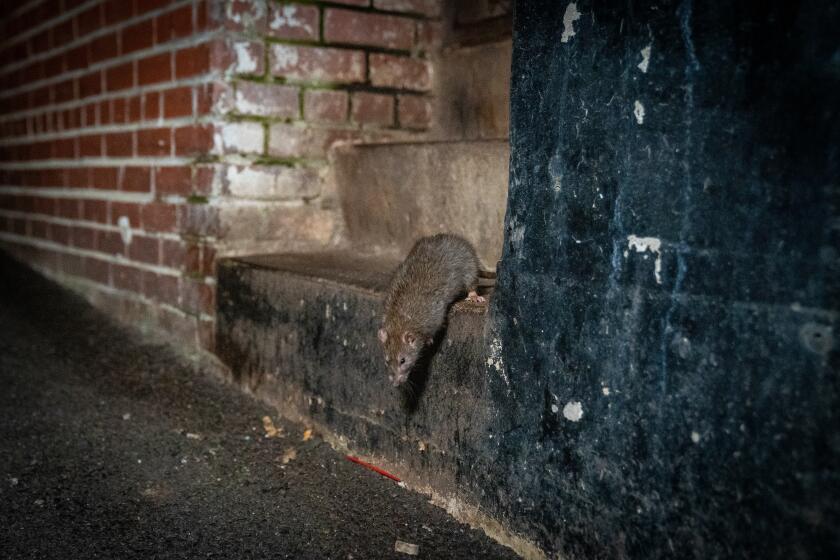Common tablespoons may not accurately measure medicine
- Share via
“Heaping” teaspoon or “level”? That’s the nail-biting dilemma that usually confronts amateur boulangeries as they timidly mix baking soda or salt into their cake batter.
In medicine, though, the unreliability of the average spoon -- and by average spoon, we mean a tool more commonly used to stir sugar into coffee -- can create far more serious problems.
In a study in the Jan. 5 issue of the Annals of Internal Medicine, researchers asked student patients at the Cornell University health clinic to pour out 5 milliliters of cold medicine into different-sized kitchen spoons. The researchers found that participants expressed confidence in their measuring abilities and yet “underdosed by 8.4% when using the medium-sized spoon and overdosed by 11.6% when using the larger spoon.” That may sound minimal, but consider someone who’s making that same mistake three to five times a day for a seven-day regimen. That can add up. Overdosing can mean nasty and troublesome side effects. Underdosing -- on an antibiotic, for example -- can lead to drug-resistant bacteria, ultimately rendering the medication ineffective.
The moral of the story? Use a proper device -- a measuring cap, a syringe or a dosing spoon -- to make that medicine go down.




